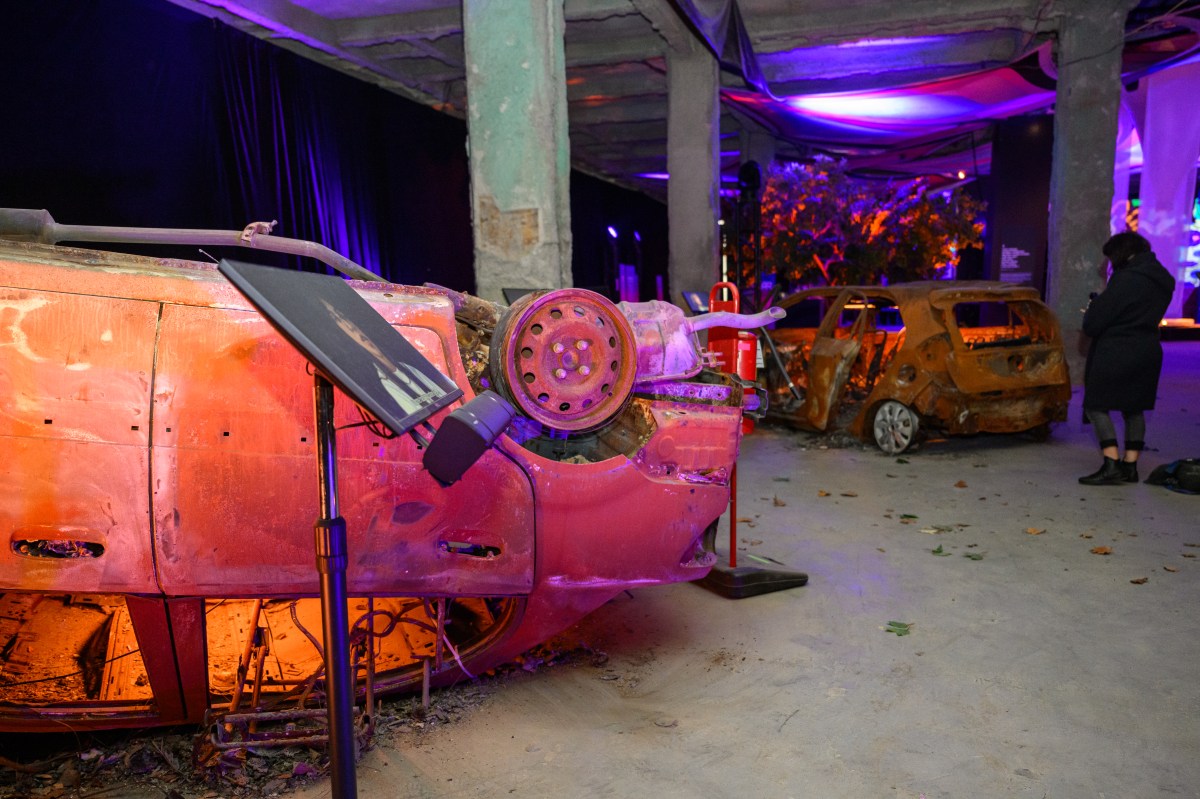 Image Credit: Estimote
Image Credit: Estimote
New ‘smart’ tech works like a personal assistant and a wearable device all in one. Nearables, created by US-based company Estimote, are ‘stickers’ with their very own memory and Bluetooth connectivity. The gadgets are designed to be attached to everyday objects like cars, handbags, shoes and even pet collars, to monitor and relay data to your smartphone such as temperature, location and motion. The adhesive tabs, which are just three millimeters in size, bridge the gap between the physical and digital world, to create a seamless experience of everything from shopping to transportation and home automation. Wojtek Borowicz, community manager of Estimote, explains more about the gizmo.
Are they related to your previous technology called Beacons?
Nearables are a natural evolution of Estimote Beacons – the first generation of our product, designed for static venues and locations. Both Beacons and Nearables provide mobile apps with real-world context, but our latest product is more discreet and cheap and can be stuck anywhere.
 Image Credit: Estimote
Image Credit: Estimote
What do they have over ordinary phone apps?
The stickers are equipped with a very tiny ARM-based processor and a Bluetooth Smart module. They also have an accelerometer and a temperature sensor. So the big idea behind them is that they work together with your smartphone, to make it smarter.
 Image Credit: Estimote
Image Credit: Estimote
How long do they last?
A sticker can live up to a year on a single battery. The original Estimote Beacons (in a bigger form factor) can work up to four years on a single battery.
 Image Credit: Estimote
Image Credit: Estimote
Don’t you think Nearables could turn us into servants of technology?
Absolutely not. One of the most basic ideas behind all technological progress is to make our lives easier. But at the end of the day, it’s all up to the people who use the technology. The internet is the most obvious example: you can keep procrastinating, surfing YouTube and 9Gag all day or you can actually do your work over the web, or listen to Harvard lectures.
















